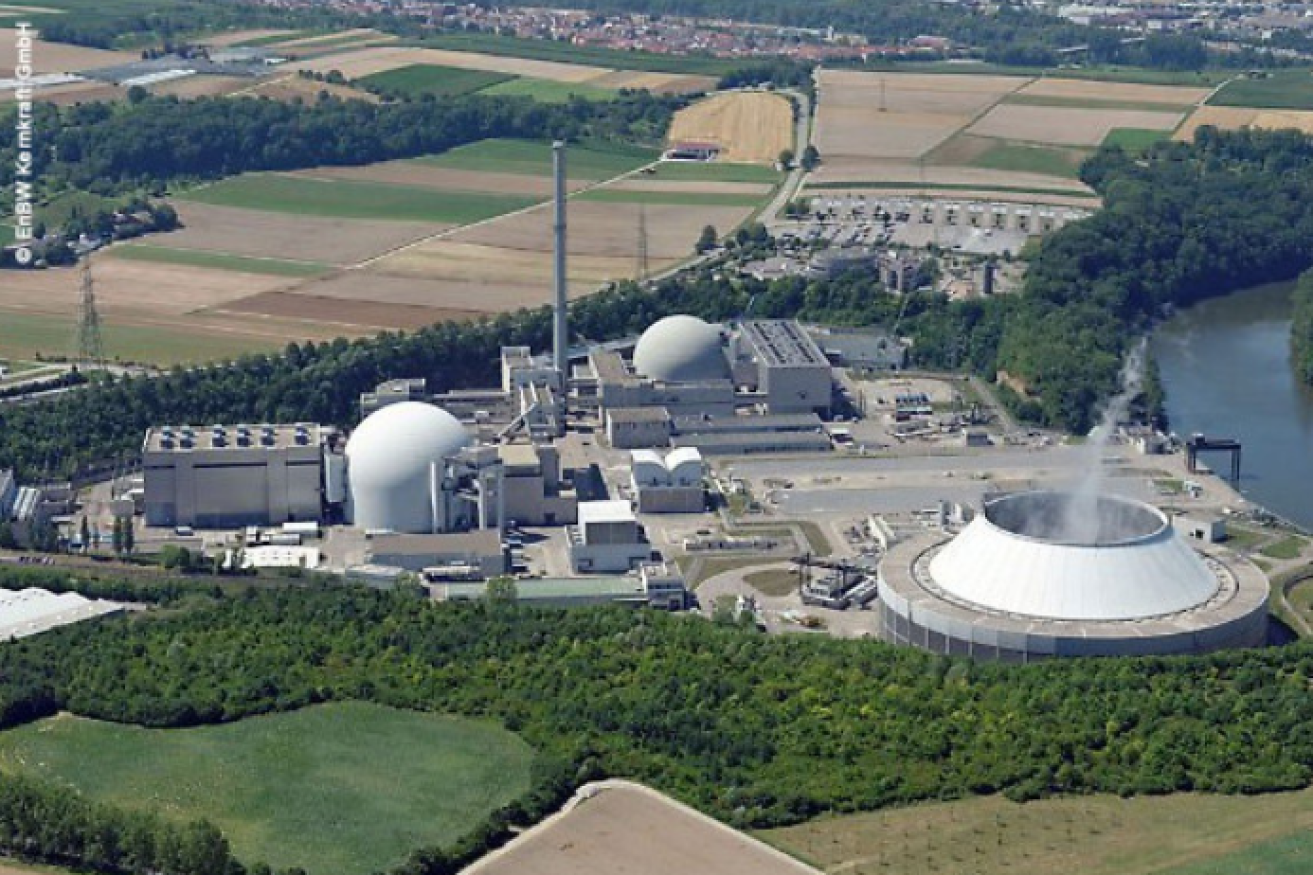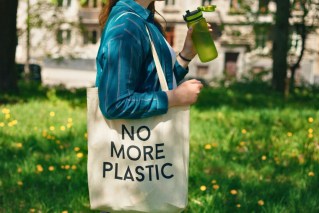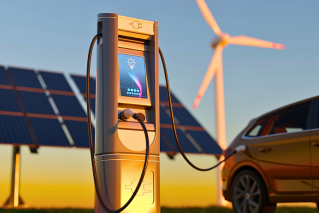Germany pulls the plug on its last nuclear power plants

The shuttered Neckarwestheim GKN II nuclear power plant will stand as a testament to nuclear power's dead end in the new green Germany. Photo: FDR
Germany has shut down its three remaining nuclear power plants in line with a long-planned transition toward renewable energy.
The shutdown of Emsland, Neckarwestheim II and Isar II shortly before midnight drew cheers from anti-nuclear campaigners outside the three reactors and at rallies in Berlin and Munich.
Decades of anti-nuclear protests in Germany, stoked by disasters at Three Mile Island, Chernobyl and Fukushima, put pressure on successive governments to end the use of a technology that critics argue is unsafe and unsustainable.
But with other industrialised countries, such as the United States, Japan, China, France and Britain, counting on nuclear energy to replace planet-warming fossil fuels, Germany’s decision to stop using both has drawn last-minute calls to halt the decision.
Defenders of atomic energy say fossil fuels should be phased out first as part of global efforts to curb climate change, arguing that nuclear power produces far fewer greenhouse gas emissions and is safe if properly managed.
Temporary extension
As energy prices spiked last year due to the war in Ukraine, some members of German Chancellor Olaf Scholz’s government got cold feet about closing the nuclear plants as planned on December 31, 2022. In a compromise, Scholz agreed to a one-time extension of the deadline, but insisted that the final countdown would happen on April 15.
Still, Bavaria’s conservative governor, Markus Soeder, who backed the original deadline set in 2011 when Chancellor Angela Merkel was Germany’s leader, this week called the shutdown “an absolute mistaken decision.”
“While many countries in the world are even expanding nuclear power, Germany is doing the opposite,” Soeder said. “We need every possible form of energy. Otherwise, we risk higher electricity prices and businesses moving away.”
Advocates of nuclear power worldwide have slammed the German shutdown, aware the move by Europe’s biggest economy could deal a blow to a technology they tout as a clean and reliable alternative to fossil fuels. On Friday, dozens of scientists including James Hansen, the former NASA climate expert credited with drawing public attention to global warming in 1988, sent a letter to Scholz urging him to keep the nuclear plants running.
The German government has acknowledged that, in the short term, the country will have to rely more heavily on polluting coal and natural gas to meet its energy needs, even as it takes steps to massively ramp up electricity production from solar and wind. Germany aims to be carbon neutral by 2045.
The country’s Environment Minister Steffi Lemke say the idea of a nuclear renaissance is a myth, citing data showing that atomic energy’s share of global electricity production is shrinking.
Easily replaced
Funds used to maintain ageing reactors or build new ones would be better spent on installing cheap renewables, she said.
Energy experts such as Claudia Kemfert of the German Institute for Economic Research in Berlin say the five per cent share of Germany’s electricity currently coming from nuclear can be easily replaced without risking blackouts.
The question of what to do with highly radioactive material accumulated in the 62 years since the country’s first reactor started operating remains unsolved. Efforts to find a final home for hundreds of containers of toxic waste have faced fierce resistance from local groups and officials.
Despite the waste issue, US Energy Secretary Jennifer Granholm has said that nuclear power will “play a critical role in America’s clean energy future.” This week, she welcomed Japan’s decision to restart many of its reactors.
-AAP








